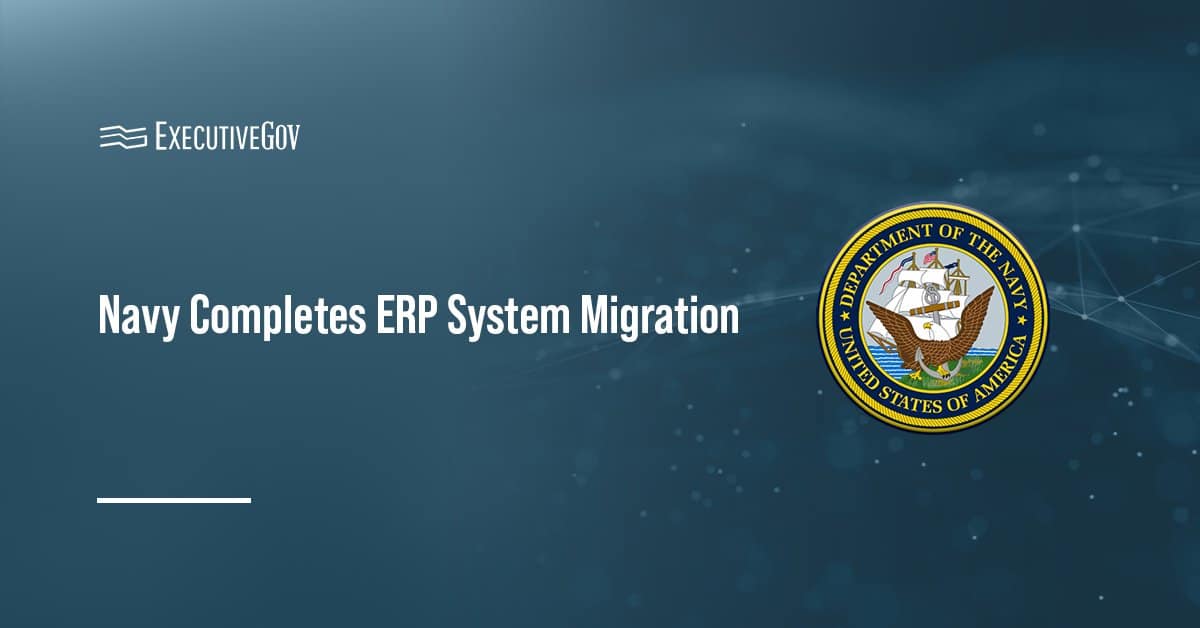The U.S. Marine Corps now prioritizes completing its ground-based, anti-ship missile system in alignment with the Commandant’s Planning Guidance and USMC's Force Design 2030.
The service said Tuesday its medium-range missile battery can support the naval expeditionary force when integrated with maritime sensors and communication networks, through the Navy/Marine Corps Expeditionary Ship Interdiction System (NMESIS).
NMESIS is an anti-ship missile technology that meets USMC's requirements for ground-based anti-ship missiles.
Fraser said medium-range missile batteries under Marine littoral regiments will use NMESIS. Marines at California-based Camp Pendleton will receive NMESIS assets in October.
USMC expects to equip a Marine littoral regiment with initial operational NMESIS launchers for fielding by the end of 2023.





